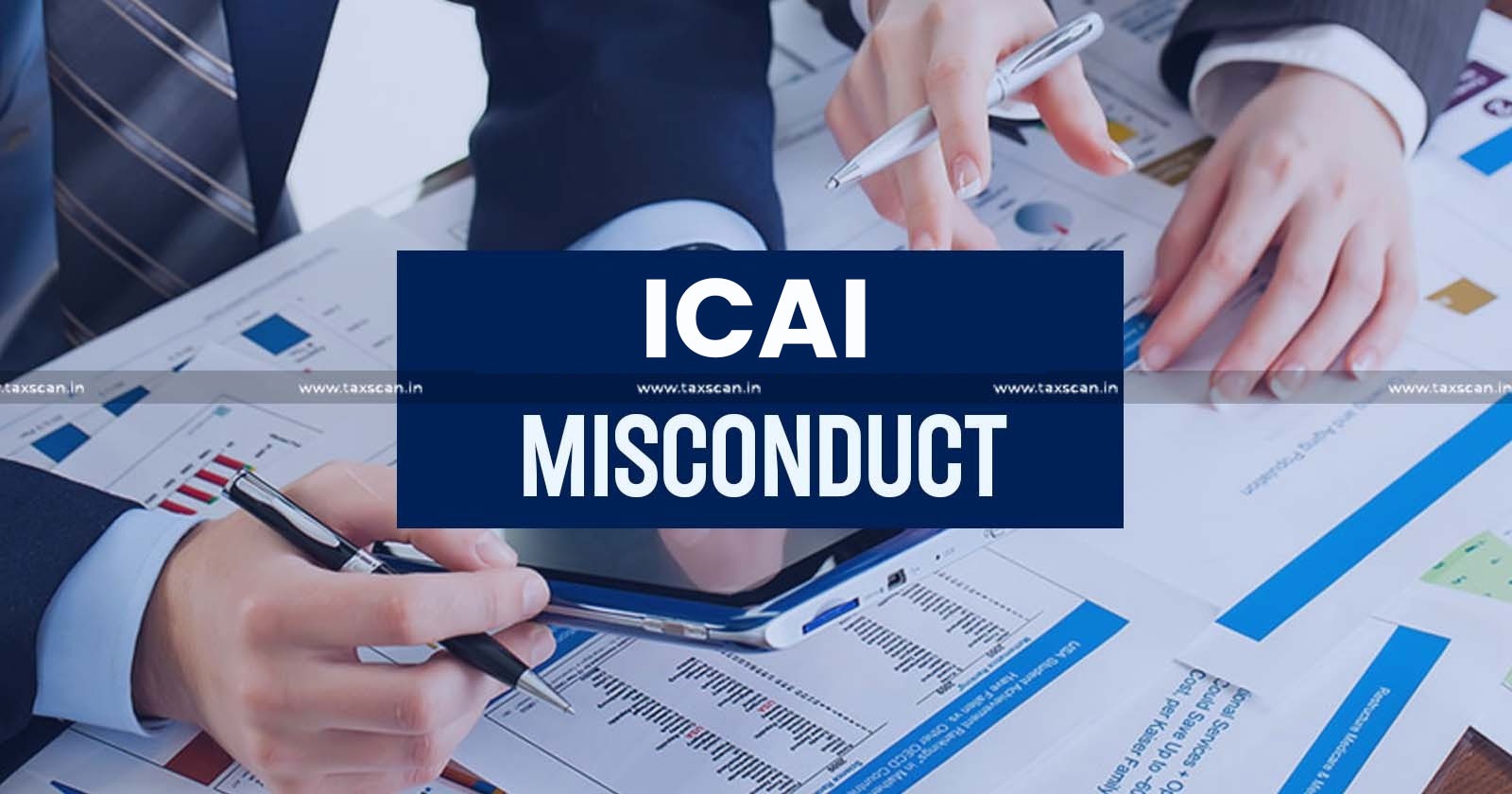G.S. Sandhawalia, J. (Oral)—Challenge in the present writ petition is to the order dated 14.9.2012 (Annexure P/7) passed by the State Transport Appellate Tribunal, Punjab (hereinafter referred to as "the Tribunal") vide which revision of respondent no.3-Gram Panchayat, Akbarpur Chhanna was allowed. The Tribunal set aside the order dated 17.5.2011 (Annexure P/1) passed by respondent no.1-Secretary, Regional Transport Authority, Patiala and directed that the bus would ply on the original route.
2. The issue which arises in the present writ petition is only whether respondent no.3-Gram Panchayat, Akbarpur Chhanna had duly authorised any person to file revision petition before the Tribunal and had passed any resolution as such. The said issue was specifically raised before the Tribunal which was brushed aside on the ground that the Sarpanch along with other Panches had appeared and therefore even in the absence of resolution, he had a right to contest the revision petition.
3. It is matter of record that the petitioner is holding mini bus permit No.148/MBR/91 with four return trips daily on Jourepul-Ahmedgarh via Bharthala, Rurki, Lassoi, Moranwali, Mallaud, Ramgarh, Nathomajra, Chhana, Jandali route. He applied for grant of regular curtailment from Ahmedgarh to Jourepul and extension upto Panjgarian from Ahmedgarh via Dehleez, Maherna Khurd, Maherna Kalan, Mahouli Kalan, Balewala, Pharwahi, Sandaur, Manaki.
4. After following the procedure of publication, objections had been raised by as many as six Gram Panchayats which were duly considered by respondent no.2. Respondent no.2 had relied upon the report of Survey Officer and opined that in case of the proposed curtailment was allowed, the residents of villages/towns falling on the curtailment portion would not be put to any sort of inconvenience because sufficient bus service was already available for them. On account of increase in the rush of passengers on the extension portion, it has been opined that the addition of more bus service was warranted. Resultantly, objections had been overruled and the modification has been allowed vide order dated 17.5.2011 (Annexure P/1).
5. Revision No.39 of 2012 was filed by five Gram Panchayats before the Tribunal. In the said revision petition nowhere it was mentioned that any resolution as such had been passed by respondent no.3-Gram Panchayat.
6. Counsel for the petitioner has also referred to the photocopy of the power of attorney which was filed before the Tribunal to show that the Sarpanch/Gram Panchayat had not even signed on the power of attorney. It is matter of record that revision petition was dismissed as withdrawn qua the other Gram Panchayats vide statements made on 17.8.2012. The revision petition thereafter was pending qua respondent no.3-Gram Panchayat, Akbarpur Chhanna only. Specific argument was raised that in the absence of resolution, revision petition was not maintainable which has been disposed of by the Tribunal by holding as under :-
"9. So far, during the course of arguments permit holder counsel placed a chart showing less permits on the extension portion, that is immaterial while granting extension to the permit holder. Permit holder''s Advocate argued that Gram Panchayat Akbarpur Chhanna not attached/passed resolution for filing of this revision petition, again this part of arguments is without merit, because village Sarpanch namely Sohan Singh along with 5-6 other Panches and also along with number of villagers is present before the Tribunal opposing the curtailment/extension, rather villagers were against the curtailment/extension. Six Panchayats appeared before the Authority but the Authority did not bother. Present revision was filed by all the objectors but later on, partly this revision stand withdrawn. The law provides that even one village Panchayat or more (few) villagers has the right to oppose the curtailment/extension. So, even in the absence of resolution, Sarpanch being the Head of the Panchayat along with Panches has the right to oppose and contest the revision."
7. Even in the present writ petition, specific averment has been made in para no. 11(i) regarding the maintainability of the revision petition on the ground that under Sub Section 2 of Section 10 of the Punjab Panchayati Raj Act, 1994, the Gram Panchayat is a body corporate. It has power to acquire, hold, administer and transfer property movable or immovable and to enter into contracts and shall by the said name sue and be sued. Accordingly, in the absence of any resolution, the revision petition was not maintainable. Even in the reply filed by the Gram Panchayat before this Court, the said fact has not been denied. Resultantly, it is apparent that the reasoning which has been being given by the Tribunal that the Sarpanch along with other Panches were present and therefore, in the absence of resolution, it has right to oppose and contest the revision is without any basis.
8. The said issue came up before a Division Bench in Municipal Committee, Bathinda v. Sadhu Singh, 1986 R.R.R. 135 : 1986 (2) PLR 1 as to whether resolution is required to file an appeal by the Municipal Committee and whether separate resolution vesting authority in the Executive Officer is required. It was accordingly held that a corporate body like Municipal Committee must pass a resolution deciding to file the same. Relevant portion reads as under:-
"9. It will thus be seen from a perusal of the aforementioned judgments that in none of them it has been laid down that besides passing a resolution deciding to file an appeal, the Municipal Committee must necessarily pass a separate resolution vesting authority in the Executive Officer to file the same. The ratio of all these judgments is that before filing an appeal a corporate body like the Municipal Committee must pass a resolution deciding to file the same. We have no quarrel with this proposition of law."
9. In Gram Panchayat, Nurwala v. Tara Chand and another 1988 (2) RRR 573, the issue noticed was as to the decision to file an appeal by the Gram Panchayat by passing of an resolution.
10. Similarly another Division Bench in Panjab University, Chandigarh and another v. Tilak Raj Dogra, 1991(1) PLR 531 also held that a corporate body has to act through a resolution as to whether the matter is to be taken in appeal or not. Mere power to represent the University by the Registrar would not clothe the Registrar with the power to decide which unfavourable decision should be taken to the Appellate Court. Relevant portion reads as under:-
"6. In Punjab Agricultural University v. Walia Brothers, (1969) P.L.R. 257 a Vice-Chancellor, without any resolution of the Board of Management, had preferred an appeal in a civil suit. Section 12(2) of the Punjab Agricultural University Act provides that the Vice Chancellor shall exercise general control over the affairs of the University and shall be responsible for the due maintenance of discipline at the University. Under item No. 27 Schedule Part B powers are given to the Vice Chancellor for sanctioning the expenditure with respect to civil suits instituted with the sanction of the Vice Chancellor. On the basis of these provisions, an argument was raised in that case that the Vice Chancellor was competent to present an appeal. This argument, how ever, was repelled and it was held that it was the Board of Management who was to decide by a resolution, whether the matter was to be taken in appeal or not. In our view, the same principle is attracted to the facts of the present case. The power to represent the University in legal proceedings will not clothe the Registrar with the power to decide, in what case or class of cases the litigation should be brought by the University and what unfavourable decisions should be taken to the appellate Court by the University. Section 21 of the Act, however, authorises the Registrar to represent the University in Court in cases in which the University through lawfully passed resolution of the Senate, decided to sue or to file an appeal. We thus, hold that the view adopted by the learned Additional District Judge was correct and no resolution having been passed by the University to prefer an appeal, the Registrar was not competent to present an appeal."
11. The Gram Panchayat had thus to take a valid decision whether it was to challenge the order dated 17.5.2011(Annexure P/1) and then sanction appropriate expenses for filing revision. In the absence of any such decision, the revision petition could not have been entertained by the Tribunal. As noticed above, the power of attorney would go on to show that the same has not been singed by the concerned Gram Panchayat and therefore, the revision petition being without any authority of law at the behest of respondent no.3-Gram Panchayat, Akbarpur Chhanna could not have been allowed.
12. Resultantly, the impugned order dated 14.9.2012 (Annexure P/7) cannot be held to be justified in any manner and the same is quashed.
13. Accordingly, the present writ petition is allowed.

